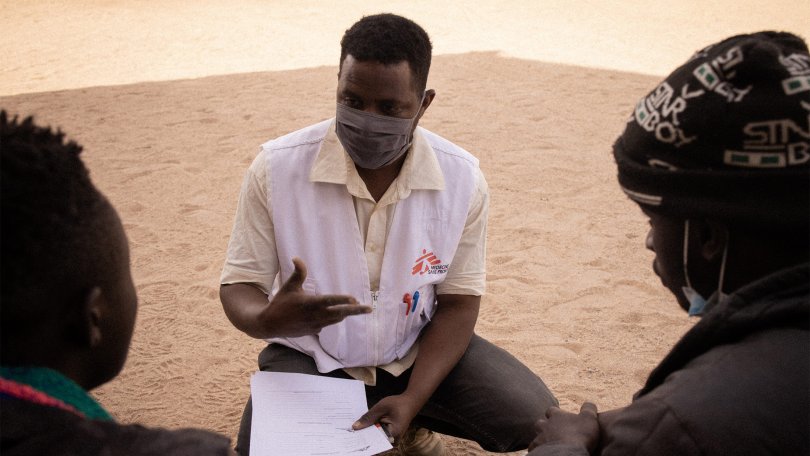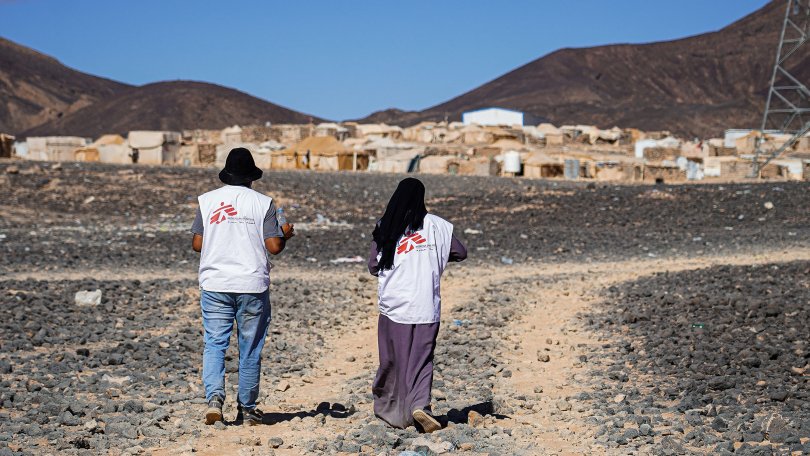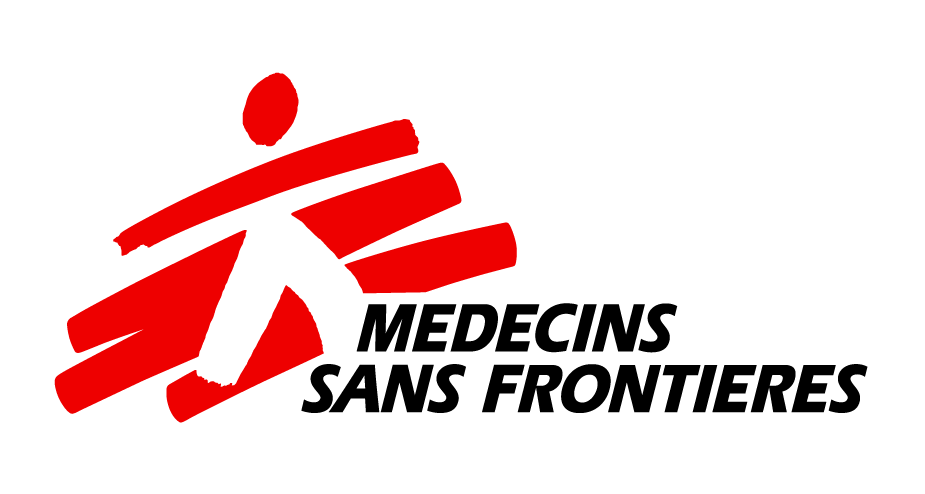MSF Operational Centre Geneva
Médecins Sans Frontières / Doctors without Borders (MSF) is an international, independent medical humanitarian organisation providing medical assistance to people affected by conflict, epidemics, disasters, or exclusion from healthcare. MSF recognises the medical and humanitarian consequences of climate change and environmental degradation, and how the organisation contributes towards it. It acknowledges the need for MSF to provide medical humanitarian assistance without creating additional humanitarian needs in the future, nor compromising future humanitarian action.
In its 2020 Environmental Pact, MSF outlines key steps and indicators to address the climate emergency and its role in tackling it. Following this, the MSF movement has pledged to reduce its emissions by at least 50 per cent compared to 2019 levels by 2030.
In March 2022, MSF signed the Climate and Environment Charter for Humanitarian Organizations, and declared that each Institutional member is expected and encouraged to develop individualized plans or roadmaps to work toward this target, acknowledging that not all members will achieve results in the same way or at the same pace.
Since its creation by a few volunteers in 1981, MSF Operational Centre Geneva (MSF OCG) has grown considerably. Today, more than three hundred employees, helped by volunteers, support projects in the field from the Operational Centre in Geneva. In 2020, MSF OCG implemented medical humanitarian projects in 28 countries, notably in Africa, Middle East, and some countries in Eastern Europe, Asia and Latin America.
Partnership
The partnership between MSF OCG and the Climate Action Accelerator officially commenced in May 2021. We began constructing the methodology for the roadmap in July 2021 and finished in December the same year. MSF OCG started co-constructing its roadmap with the Accelerator in November 2021.
Environmental commitment
Recognising its contribution to the global problem of CO2 emissions and human-induced environmental disruption, MSF OCG has committed to reducing its emissions by at least 50% from 2019 levels by 2030. With this goal, it intends to set a momentum towards decarbonization and aligns itself with the goals of the Paris Climate Agreement to limit global warming to less than two degrees.
MSF OCG is the first of MSF’s five operational centres to decide on a carbon dioxide emissions reduction target.

Environmental commitment
In 2017, together with MSF Canada, it started developing an Environmental Toolkit to measure and monitor MSF’s environmental footprint; propose practical mitigation actions to reduce MSF’s footprint in the implementation of its social mission; and develop a guidance framework for MSF to assist in ensuring ethical, efficient and sustainable practices.
Environmental démarche
Quote
We will reduce our emissions and review how we conduct our operations. We should have done this years ago, we are already very late. We have a medical and ethical obligation to our patients and their families to not to harm them or their environment as a result of our practices. Stephen Cornish, Executive Director of MSF OCG
As medical practitioners, our job is not only to treat people, but to prevent future illness from occurring. We must not create problems for tomorrow while trying to solve the health problems of today. Dr. Monica Rull, MSF Medical Director
Carbon footprint and roadmap
Resources
MSF OCG’s climate and environmental roadmap is launched
Published Roadmaps

Cover photo © Hesham Al Hilali.

